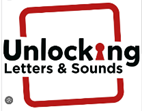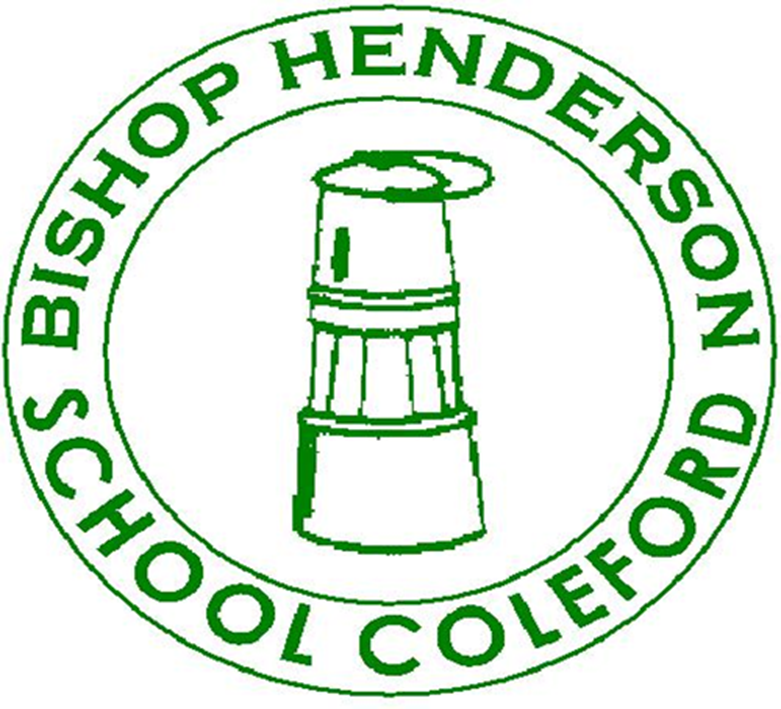Curriculum
The Bishop Henderson Curriculum
Our curriculum is currently going through a period of development, to ensure that it continues to be creative, challenging and specific to our school context, whilst also ensuring coverage of the curriculum in a school with ever-changing year group numbers and class structures.
Children are taught within the framework of the National Curriculum, ensuring progress and development throughout the school. At Bishop Henderson School we provide a creative, engaging and relevant curriculum that achieves high standards and gives our children a solid foundation for becoming global citizens.
Though based on the National Curriculum using objectives from Science, History, Geography, Art & Design, Design & Technology and Music, the Bishop Henderson Curriculum weaves in an enquiry-led approach that enables teachers to inspire learners with local people, places and stories relevant to the school's locality. This structure also provides opportunities to respond to the ever-changing world.
If you would like more information regarding our curriculum, please contact Mr Lane via office@bishophenderson.co.uk
Bishop Henderson Curriculum Intention and Values
English
Reading and Phonics
We have fidelity for the phonic scheme Unlocking Letters and Sounds (ULS) throughout the school. All children are tracked and, where appropriate, ULS interventions are used to ensure the progress of all children.

Puffins Nursery use ULS delivery of phase 1 activities including, environmental sounds, musical instruments and listening and memory games. Through activities and sharing books oral blending, alliteration, prodosy, rhythm and rhyme are all explored and practised.
In Reception and Key Stage 1, reading books are well matched to the ability of the children whilst they are working within the phonic phases. These books are phonically decodable with the expectation that the books are read at least three times encouraging fluency. There are also guided reading session where new vocabulary is introduced, blending skills are taught and practised, focus is put on particular sounds or common exeption words and comprehension skills are built on.
Key stage 2 have a vast bank of reading books they can access and they take part in daily class guided reading. Again this gives the teachres the opportuity to teach needed skills and track the progress of individual children.
Children's preception of reading and opportunities of reading for pleasure is of great importance to us. Our PTA's kind contributions and various grants we have accessed have allowed us to invest not only in decodable books but also in high quality fiction and non fiction books for our library. All children are able to borrow books from the library to take howm and share with their families. All children are read to at least once a day during a class reading time, and older children have allocated times where they are able to read individually.
Maths
Bishop Henderson Curriculum Overviews
Knowledge Organisers
Bishop Henderson Curriculum Skills and Knowledge Progression
- Bishop Henderson Artist.pdf
- Bishop Henderson Computer User.pdf
- Bishop Henderson Designer
- Bishop Henderson Geographer.pdf
- Bishop Henderson Historian .pdf
- Bishop Henderson Linguist v0.1.pdf
- Bishop Henderson Musician v0.1.pdf
- Bishop Henderson RE skills progression and Overview
- Bishop Henderson Scientist.pdf
Specific Overviews
